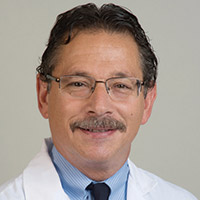CIRM Funded Clinical Trials
Efficacy and safety of cryopreserved autologous CD34+ HSC transduced with EFS lentiviral vector encoding for human ADA gene in ADA-SCID subjects

Details:
In ADA-SCID, allogeneic hematopoietic (blood) stem cell transplants from non-matched sibling donors are a high risk procedure. Additionally, the efficacy of chronic enzyme replacement therapy is uncertain in the long-term. A team at UCLA is using a patient’s own blood stem cells to try and rebuild the damaged immune systems of patients with ADA-SCID. They will use what’s called a lentiviral vector to deliver genetic material into the blood stem cells, correcting the genetic flaw that causes SCID. It’s hoped this will create a new blood system and a healthy immune system. Preliminary data indicates that OTL-101 – a stem cell gene therapy developed by UCLA and Orchard Therapeutics Limited – may significantly improve outcomes compared to available therapies.
Design:
Comparability of cryopreserved product versus fresh product.
Goal:
Primary: Safety. Secondary: Efficacy, gene marking, immune reconstitution. Registrational trial.
Updates:
Breakthrough Therapy Designation. Rare Pediatric Designation. Early evidence of safety and clinical efficacy in all treated patients.
News about this clinical trial:
- Pioneering stem cell gene therapy cures infants with bubble baby disease
- Study analyzes safety and effectiveness of stem cell gene therapy for bubble baby disease
- Orchard Therapeutics announces that OTL-101 has received a Rare Paediatric Disease Designation



